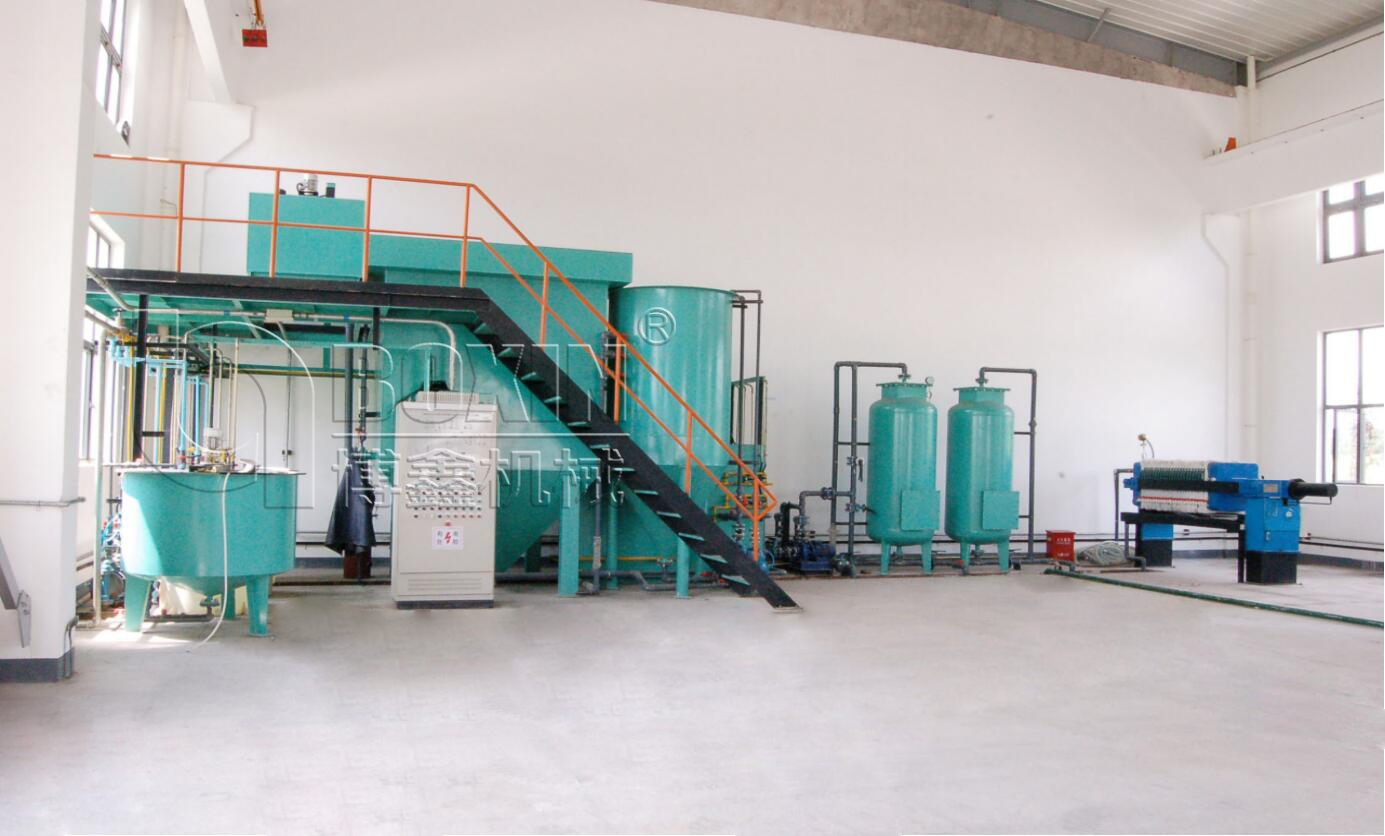
Water treatment systems are vital to ensuring the health of our water environments, allowing our homes, businesses, and communities to reach the effects of water pollution. From filtration to softening to modern disinfection, it is vital to understand the pros and cons of various water treatment systems to create a healthy water environment.
Water treatment systems: reverse osmosis and its benefits
Reverse osmosis (RO) is an advanced water treatment technology that utilizes semi-permeable membrane filtration to increase water’s various depths and permeability effectively. The reverse osmosis system osmosis pressurizes water and passes it through a series of filter membranes that effectively filter out bacteria, viruses, heavy metals, organic compounds, and other harmful substances to provide the purest, most pristine quality.
Benefits of reverse osmosis systems include:
Causes Massive Casualties:
- Reverse Osmosis systems filter out over 99% of water, providing unparalleled purification.
Improves taste and odor:
- Reverse osmosis systems can significantly cause deterioration of odor or taste in water, resulting in more transparent, palatable water.
Protects appliances:
- Reverse osmosis-filtered water protects appliances and plumbing pipes from scale and corrosion damage, extending the life of the equipment.
Health Benefits:
- Supplementing with pure water has health benefits that reduce the risk of harmful substances in food and promote overall health.
Environmental Benefits:
- Using reverse osmosis water reduces the need to purchase bottled water and reduces plastic pollution in the environment.
Reverse osmosis systems are suitable for various domestic and commercial uses, including rural, culinary, irrigation, laboratories, and more. Its advanced filtration technology ensures that water is safe and healthy, making it an excellent choice for those seeking high quality.
Water Treatment Systems: The Benefits of Soft Water
Soft water is water that is low in calcium and magnesium ions. Treating hard water and thereby achieving results has many benefits for homes and businesses:
Reduced limescale brackets
- Soft water effectively prevents limescale from bracketing on ladder tables, equipment, and utensils, extending their life.
Greater efficiency and cleanliness
- Soft water combines better with detergents to improve cleaning power and reduce soap scum and residue.
Reduced skin and hair problems
- The rest of the hard water can irritate the skin and scalp, leading to dryness, itching, and dandruff. Soft water helps alleviate these problems.
Save on energy and water bills.
- Soft water helps improve equipment efficiency and reduce energy consumption.
- Reduces water bills because it does not require large amounts of detergents and water softeners.
Extends equipment life
- Soft water helps prevent water scaling and extends the life of washing machines, dishwashers, and water heaters.
Water Treatment Systems: Ultra Water Purifiers and Their Role
Ultraviolet water purifier is a highly efficient water purification device that utilizes ultraviolet (UV) light to disinfect water sources. UV rays have an enhanced germicidal ability that destroys and disrupts cell walls and DNA, destroying the ability to replicate and proliferate, thus eliminating bacteria, viruses, fungi, and other pest horticulture in the water source.
Advantages of ultrasonic water purifier:
- Broad-spectrum sterilization: An efficient water purifier is effective against most bacteria, viruses, and parasites.
- Consumption of chemicals: bulk disinfection involves no chemicals and produces no harmful byproducts.
- INSTALLATION: Fast water purifiers are usually installed in plumbing systems and are low maintenance.
- DOES NOT AFFECT THE TASTE OR SMELL OF WATER: Vigorous disinfection does not change the taste or smell of water.
Occasions for using ultrasonic water purifiers:
- Domestic: Ultra water purifiers place families to provide safe rural and domestic water.
- Commercial: Ultra water purifiers ensure safe and hygienic quality in commercial establishments like restaurants and hospitals.
- Public places: Canadian water purifiers place swimming pools and water parks to provide a safe public water environment.
- Rainwater Harvesting Systems: Water purifiers sanitize rainwater collected in rainwater harvesting systems, which can be used for irrigation or irrigation.
When using a UV water purifier, the following factors should be considered: water flow rate, type of water source, and desired disinfection effect. Consult with a professional water treatment specialist to ensure that you select the best UV water purifier for your specific needs to ensure quality safety and health for you and your family.
Conclusion
By understanding the benefits and uses of various water treatment systems, we can ensure that our water is safe and healthy. Whether it’s filtration, softening, reverse osmosis, or disinfection, there are different ways to treat water quality for other needs. Choosing the right water treatment system is crucial to creating a healthy environment. By increasing, adding, and killing bacteria through filtration, these systems can protect our sumps from water pollution, disease, and other health risks. Investing in a water treatment system is a wise investment in our health, especially in creating a healthier, more livable environment for future generations and us.
